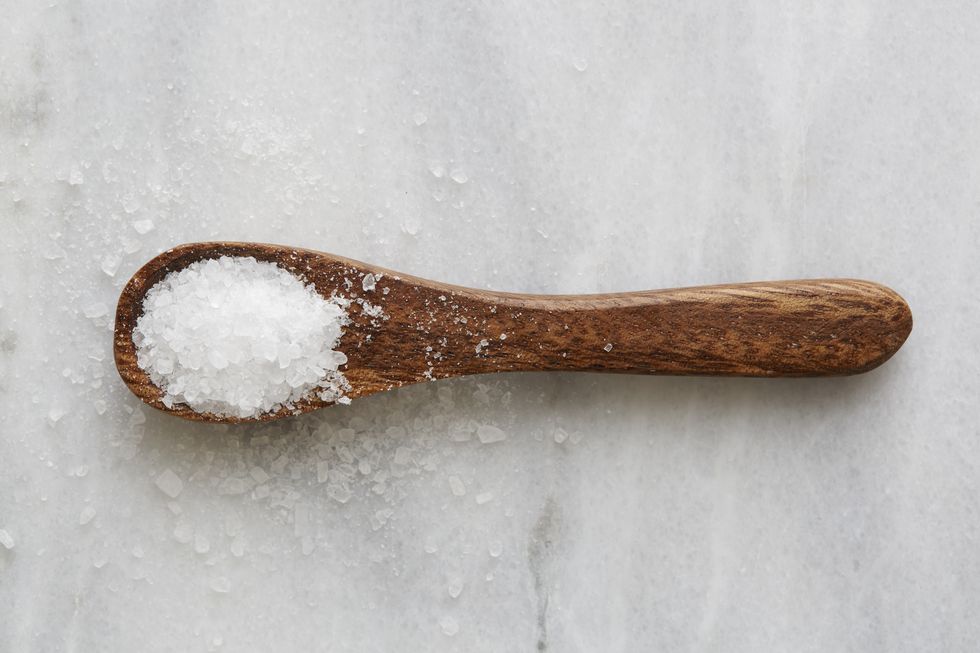
The main differences between sea salt and table salt resides in their taste, texture and processing.
Table salt is the granulated salt one can find in most saltshakers. It is typically mined from underground salt mines, and processed to remove other minerals. Table salt is commonly fortified with iodine, which is important for thyroid health.
Sea salt is a general term for salt produced by evaporation of ocean water. It is not processed unlike table salt and retains all trace minerals. These minerals add flavour and colour. Sea salt can be found as fine grains or crystals.
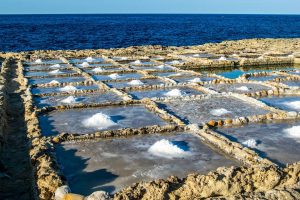
Photo: Instagram @gauciglen89
The history of the Gozitan sea salt harvesting goes all the way to Phoenician era! When the Maltese islands were under the rule of the Order of St. John, the Knights held a monopoly on the salt production and no one could harvest without any permission. Salt is a key ingredient in any kitchen, but Gozitan sea salt, rich in minerals, is prized for its purity and flavour. Below are the top 10 uses:
Sun-dried Tomatoes – During Summer, most farmers hand pick their prime tomatoes. These tomatoes are sliced in half and seasoned with the finest sea salt before being dried in the basking Maltese sun. We use a traditional drying process to remove most of the water content. Salt helps in the drying process by dehydrating the water content in the tomatoes and also preserves the tomatoes for a longer period of time.
Ġbejniet – Local coarse sea salt is always used along with rennet and fresh sheep and/or goat milk when doing the mixture for the Ġbejniet. It makes the local cheeselets more authentic and tastes better.
Capers – Capers preserved in local sea salt are far better than the ones preserved in vinegar. The ones in salt are more flowery, more like flowers buds, which is of course what capers are.
Seasoning – The purpose of adding salt isn’t to make food taste salty — it’s to enhance the flavors of the ingredients. As has been noted by a number of famous cooks, salt makes food taste more like itself. Getting the right balance of salt into cooked food is what makes the food yummy, which is what seasoning is all about.
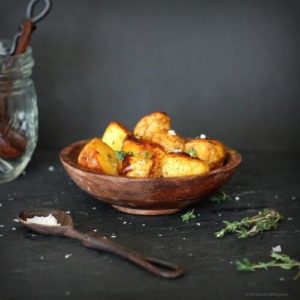
Bread making – When added to bread dough, salt works to tighten the gluten strands that are formed, which makes them stronger. By strengthening these gluten strands, salt enables the dough to hold carbon dioxide more efficiently. This ability is important because carbon dioxide is a byproduct of the fermentation occurring. If the gluten strands aren’t strong, the dough isn’t able to hold the carbon dioxide well; as a result, the dough ends up super slack.
Fermentation – Sea Salt is an important ingredient in fermentation. Not only does it keep unwanted bacteria from propagating, it also helps to keep the vegetables crunchy and crisp, adds flavour, preserves vitamin content, and can slow the fermentation process to allow flavour to develop more fully.
Salted desserts – Salted desserts have never been more popular, and it’s easy to see why. Not only does it bring out other flavours, it’s a perfect foil to rich chocolate and sweet caramel. Gozo Sea salt, obtained by the evaporation of seawater, contains all of the natural micronutrients found in seawater. Sea salt contains minerals such as iodine, magnesium, calcium, potassium, and bromide. You don’t get these additional minerals with table salt.
Balance electrolytes – Because of its amazing mineral content, electrolytes in sea salt include magnesium, calcium, potassium, and sodium. These electrolytes are vital for muscle, brain and heart health, because of its critical role in the nervous system. Instead of the typical sugar-filled electrolyte drinks you can find at the supermarket, try adding Gozo Sea Salt to water with a squeeze of lemon juice.
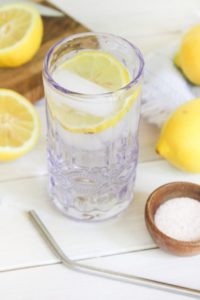
Skin health – Taking a sea salt bath is thought to decrease skin dryness and inflammation. Minerals like magnesium and potassium found in Gozo Sea Salt can be drawn into the bloodstream during a warm bath to eliminate toxins and balance the entire body. Plus, the salt mixture helps purge impurities from the skin, leaving you with a healthful glow and skin feeling supple and soft.
Body Scrub – After showering or bathing (while your skin is still wet), stand in the shower and sprinkle some sea salt onto your hand and gently begin massaging it into your skin in circular motions. Exfoliating your skin is an easy and effective way to remove dead skin cells and improve circulation, and one of the more favourable uses of sea salt. For some added bliss, mix the salt with some honey, turmeric, aloe, or your favourite oil. Rinse the scrub off with warm water, and you’re good to go.
 It-Tokk, Independence Square, Victoria, Gozo | Ta’ Dbiegi Crafts Village, Gharb, Gozo
It-Tokk, Independence Square, Victoria, Gozo | Ta’ Dbiegi Crafts Village, Gharb, Gozo
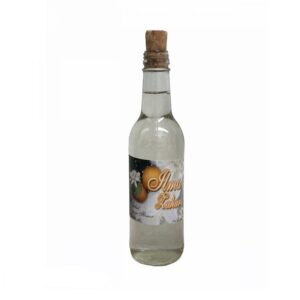
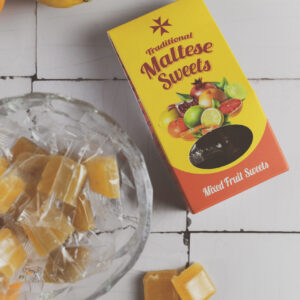
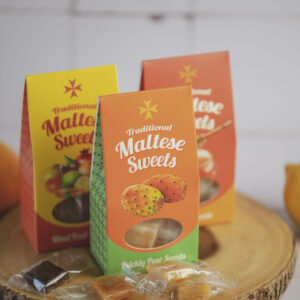
0 comments
Write a comment